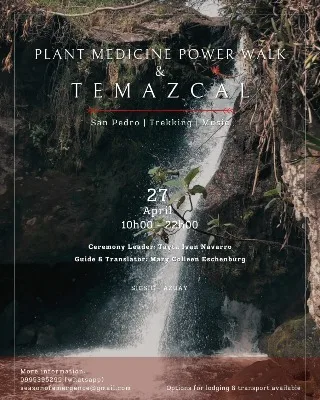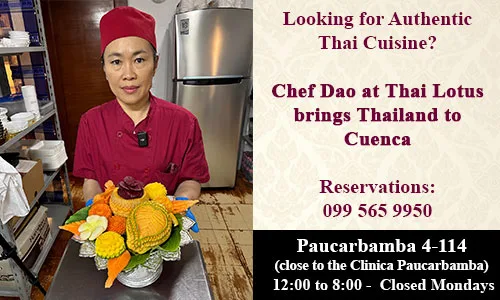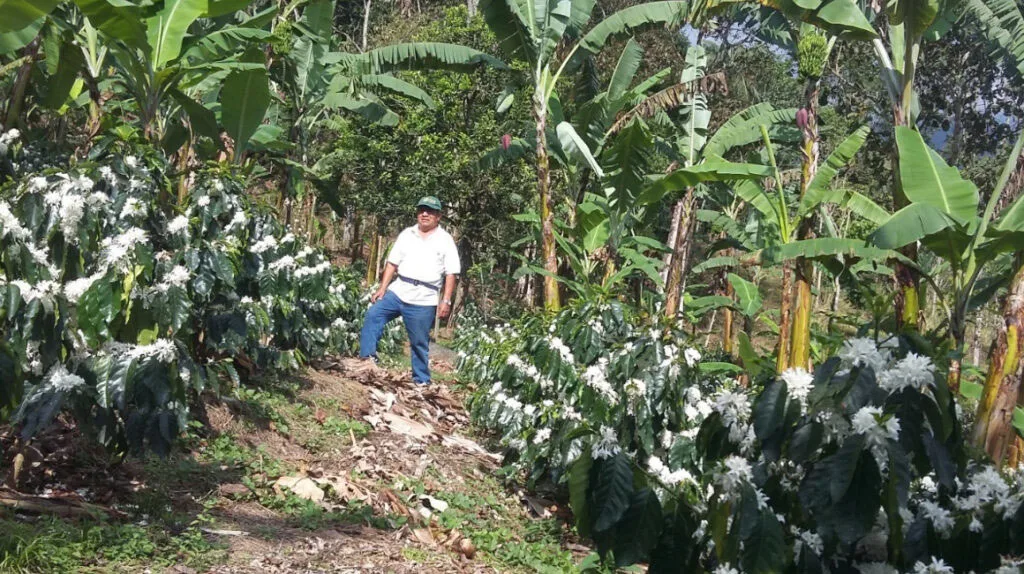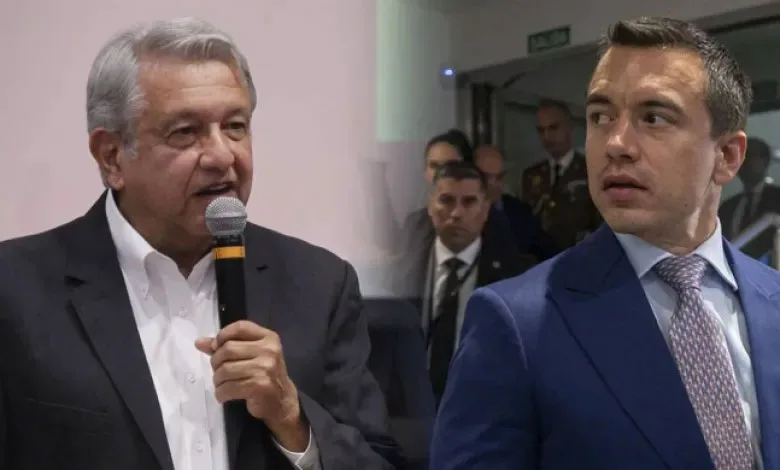Bloom where you stand
I don’t remember not knowing about the Holocaust.
My father, Rolf Gompertz escaped from Nazi Germany with his parents. They came to the U.S. in his eleventh year after a childhood marked by state-sanctioned violence and persecution. His parents lost everything except their lives yet considered themselves lucky. The Gompertz family tree had roots in the region that stretched back 500 years. Under Hitler, most of my dad’s extended family perished.
lucky. The Gompertz family tree had roots in the region that stretched back 500 years. Under Hitler, most of my dad’s extended family perished.
I grew up with first person accounts of survivors and the memories of my parents’ lost loved ones. I learned of the daily trauma of living in a place where you are branded as sub-human, an enemy of the fatherland, someone to be persecuted and killed. How did my father ever trust anyone again? How could he ever believe in the basic goodness of humanity?
Today, as my father celebrates his 92nd birthday, I think about these questions and arrive at a few simple conclusions about what saved him as a person: He had loving parents who protected him. He gives back. He kept his faith.

Rolf Gompertz holding a German Iron Cross that his father waved at the Nazi’s on KristallNacht when he asked, “Is this the thanks I get for serving the fatherland?”
As the father of two sons myself, I can’t image how I would have responded on Kristallnacht, the night of shattering glass, November 9, 1938, when the Nazis’ pounded on my grandparents’ front door, entered their home, and menaced them. Any disobedience or heroics could have been met with deadly force.
Across Germany, the Nazis were destroying Jewish businesses, homes, and synagogues in an orchestrated pogrom. 30,000 men would be arrested that night and sent to concentration camps. This was the dress rehearsal for the Holocaust.
The Nazis had come for my grandfather. When they tried to arrest him, he faced them down with unimaginable bravery. “Is this the thanks I get for serving the fatherland?” he demanded, waving the Iron Cross he had received for his service in the German Army during World War I.
“If they take you, Papa, I’m coming, too,” my then-ten-year-old father said, clutching a small suitcase.

Rolf Gompertz with his parents, Oscar and Selma Gompertz. Taken in Krefeld, Germany, their hometown around 1937. Rolf was 8 or 9 years old.
The Nazi commander glared at my grandfather for a tense moment and then signaled his squad to leave. This confrontation, the defining event of my father’s life, could have easily ended with a beating, an arrest, or a bullet.
My father and grandparents managed to escape a few months later, after having been lucky enough to secure an affidavit of support from a distant relative in Los Angeles. They sailed from Hamburg on the SS Vancouver and arrived in Los Angeles fifty days later, three months before World War II broke out.
Given what he witnessed and experienced as a Jewish kid during the rise of the Nazis, my father would have been a perfect candidate for a life of anger, sullen withdrawal, or substance abuse. How did he transform these toxic experiences into a life of positivity? After growing up, marrying, and starting a career and family, my father realized that he had something important to share with the world.
Survivors ask themselves two questions: Why did I survive and what am I going to do about it?

Kristallnacht at Baden-Baden, Germany, November 9, 1938 — Nazis loot and burn the synagogue.
My father had to respond to Hitler. He had to honor his lost friends, his lost relatives, his lost community. Not by self-destructing or lashing out, but by giving back.
His survival, when so many perished, compelled him to speak out through his writing and teaching. He has shared his experiences with countless classrooms of school kids, graduating classes at police and military academies, and as a regular speaker at the Los Angeles Museum of Tolerance.
My father’s credo is, “Bloom where you stand.” Thankfully, most of us don’t grow up facing epic historical threats or existential challenges on a daily basis. But every one of us has regular opportunities to speak out and stand up against injustice, discrimination, and intolerance. I try to honor my father by teaching his story in schools around Seattle, Washington.
There is a very Jewish notion that we shouldn’t spend this life worried about the afterlife, that heaven and hell are here on earth and the balance is in our hands.
Each one of us can make the world a better place. Together we can tip the balance toward earthly heaven by blooming where we stand.
________________
R.S. Gompertz is a native of Southern California who currently lives and writes in Seattle. He recently completed a tour of Mexico and South America during which he spent several weeks in Cuenca, to which he hopes, someday, to return to live. His most recent book, “Life’s Big Zoo,” is available on Amazon. For more information about his life, work and travels, click here.


















